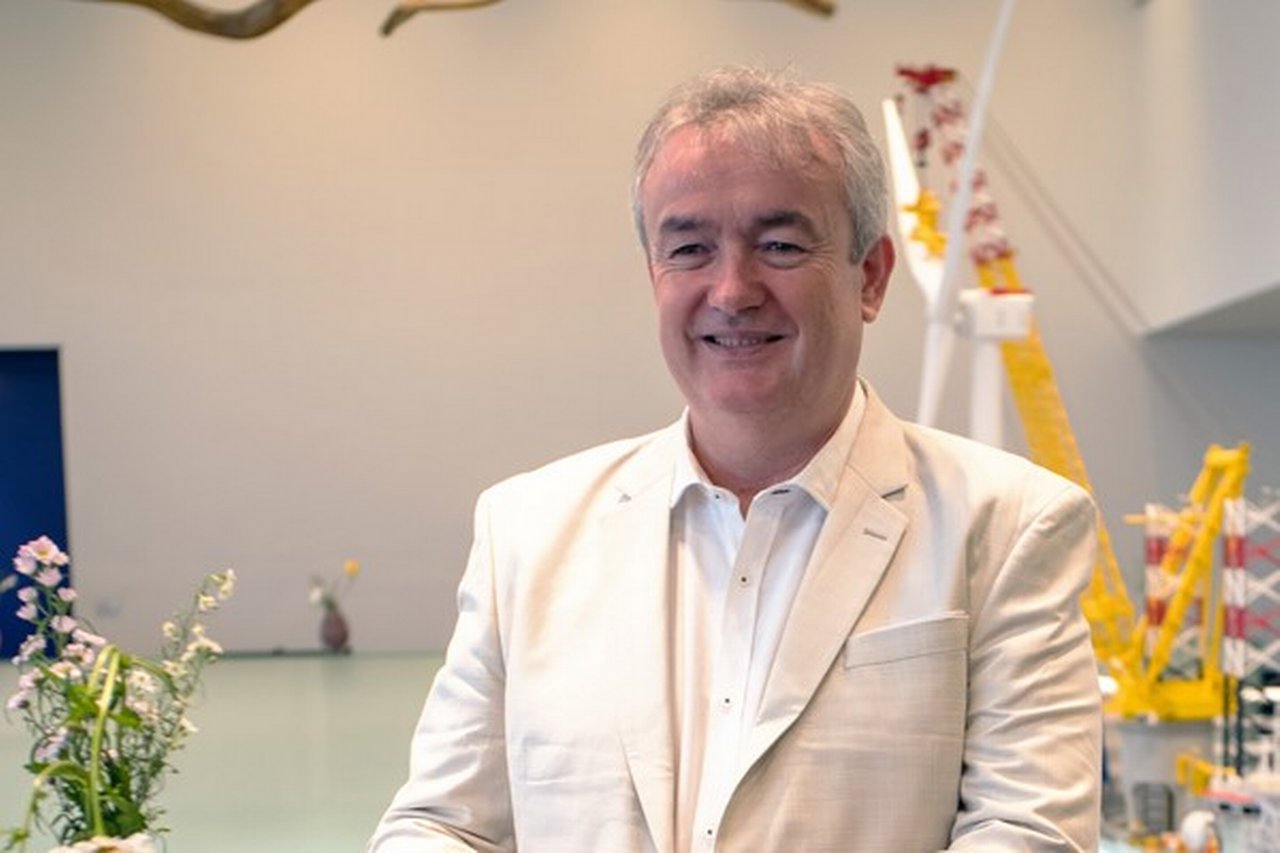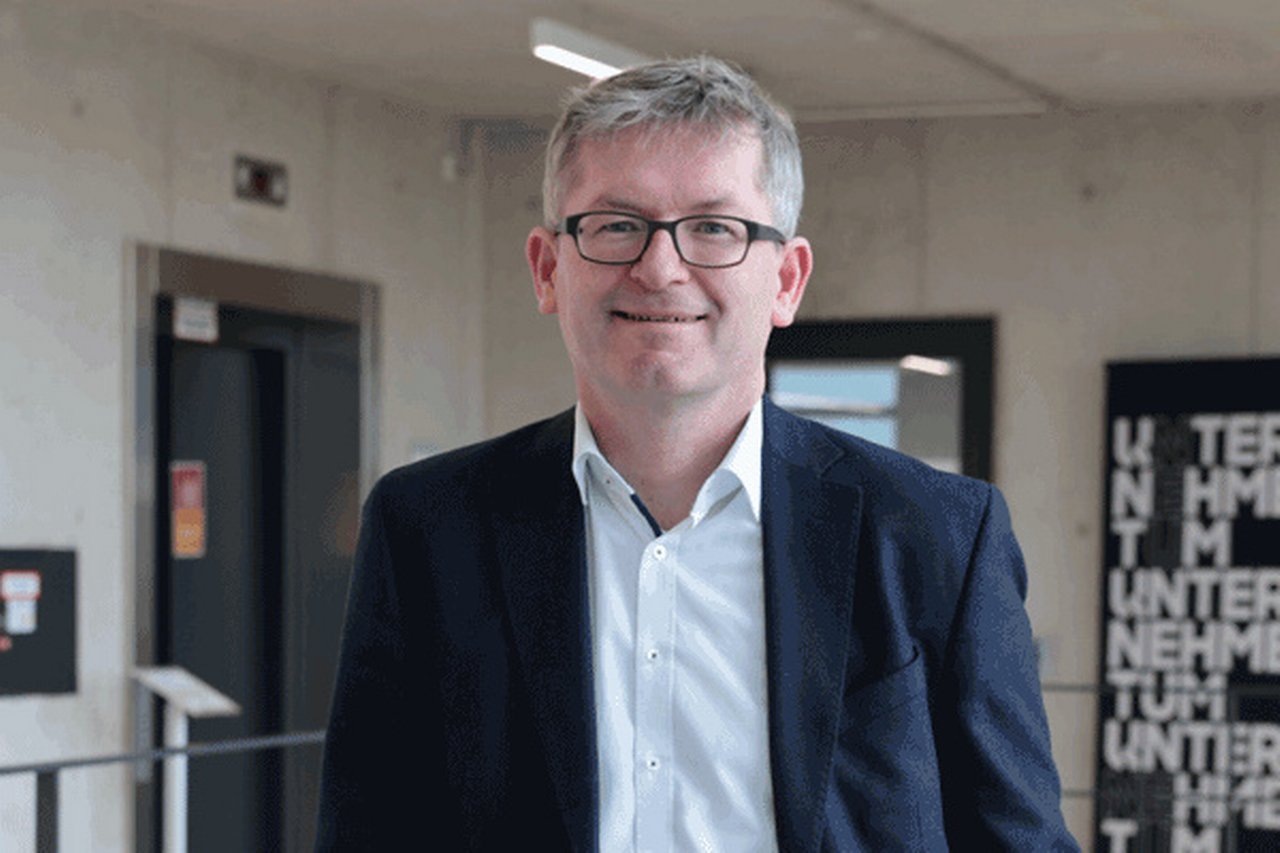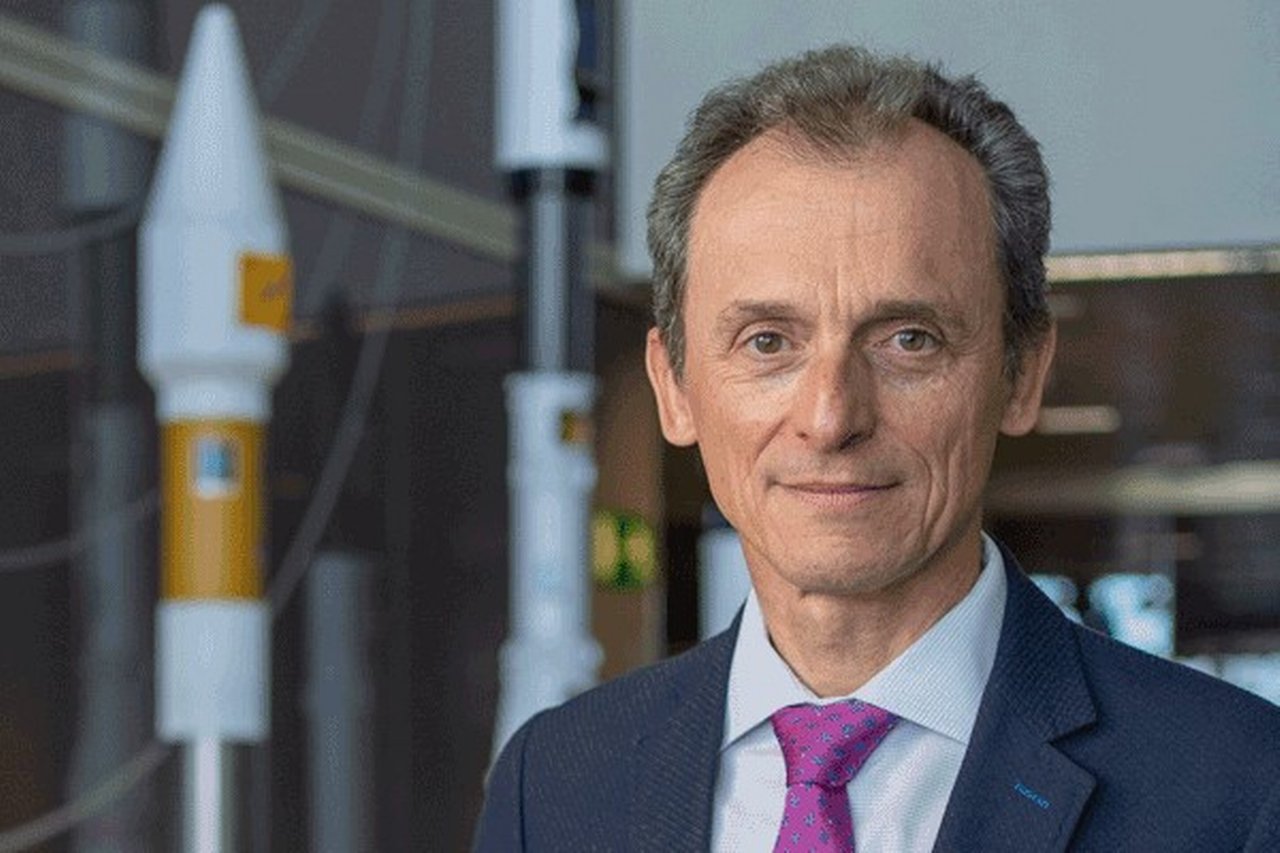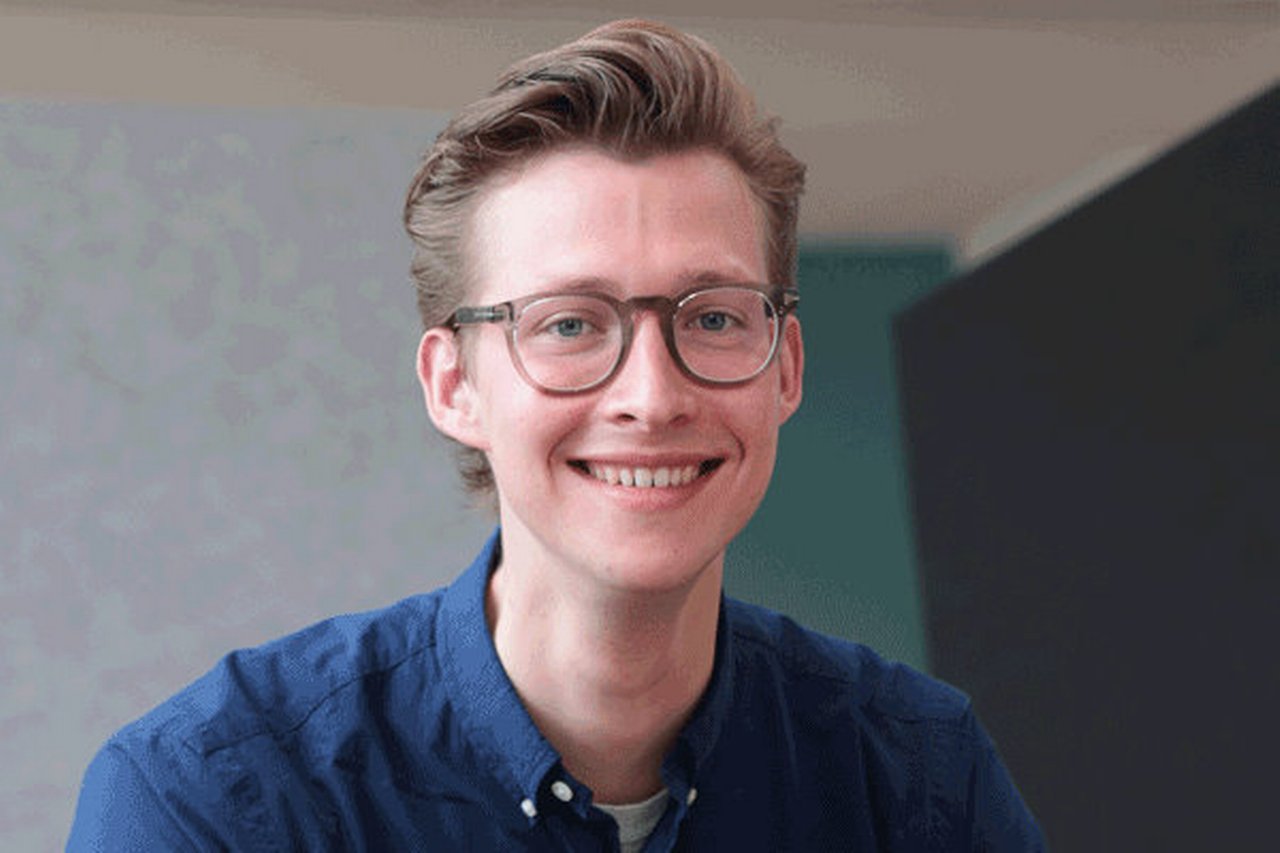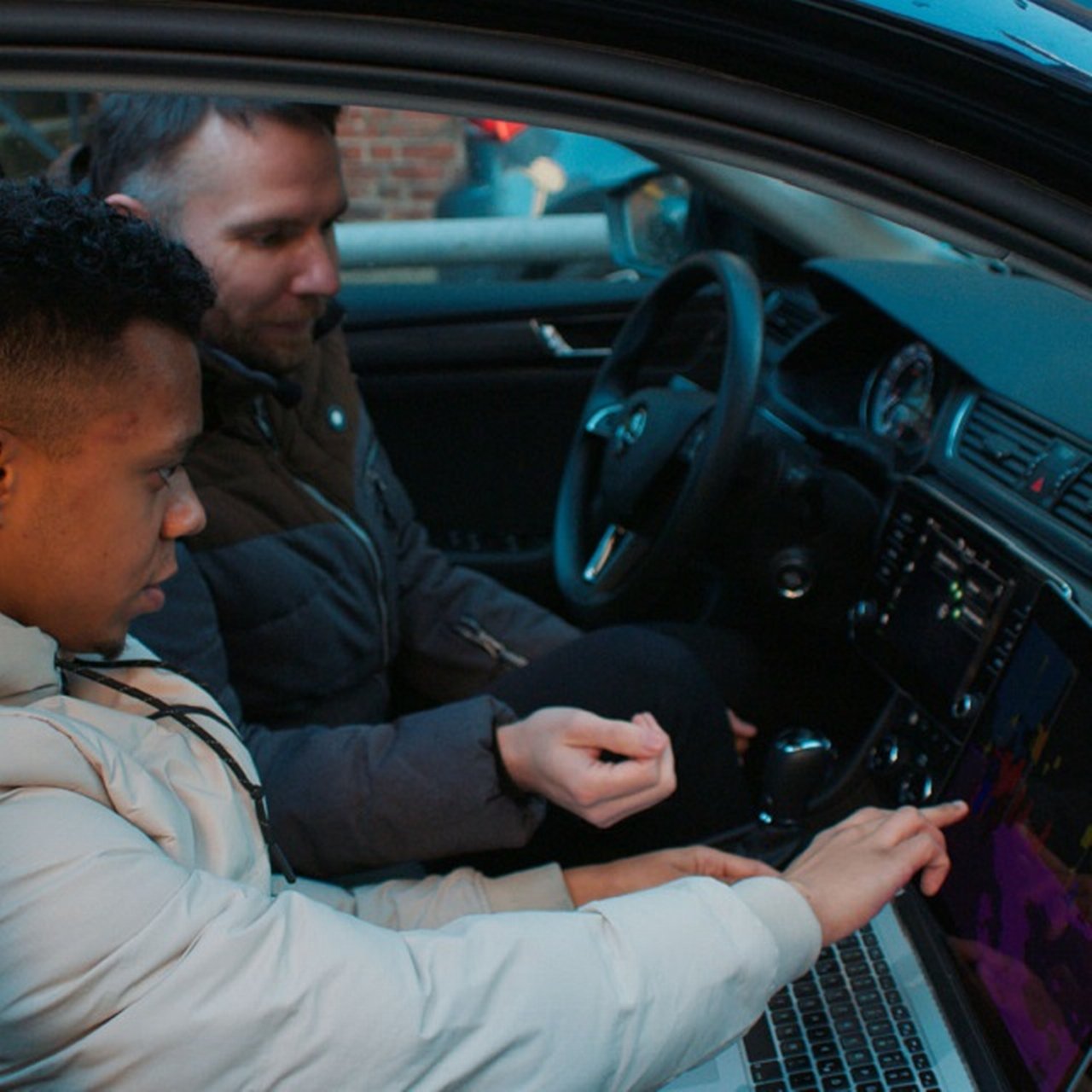“In many cases we develop our vessels, before they are needed”
If European politicians get their way, the North Sea could become “a green power plant for Europe." Carl Heiremans, manager at Jan De Nul, a global leader in offshore energy, explains the benefits he sees in Europe and how the wind energy sector can become more competitive.
Offshore wind energy will play a crucial role in the energy mix of the future. To capture the wind at sea more effectively, turbines are getting larger and larger, with some measuring 150 meters in height. Bigger turbines need bigger vessels to install them offshore. One company that foresaw this development very early on is the Luxembourg-based world leader Jan De Nul.
In their Belgian offices, Business Development Manager Carl Heiremans explains how they took the decision to invest into huge installation vessels, why being based in Europe is a strength for the company and what he would love to change in the European Union to make the wind energy sector more competitive.
Mr Heiremans, Jan De Nul talks a lot about a sustainable future. How can a maritime expert play a part?
As a maritime contractor we have substantial leverage. One way is by constructing offshore wind farms to support the energy transition. We ship the largest wind turbines that exist today. Another way is by installing powerful cables at the bottom of the sea to connect those wind farms, but also countries and regions. That is becoming increasingly important for most countries to be able to counterbalance the natural fluctuations in power generation when shifting to renewable energies.
Over the years wind turbines have grown significantly in size and the innovation cycles are short. How do you keep up with the pace?
Well, that's exactly the challenge. We invest a lot in ever bigger equipment, which is really at the limit of today’s technology, and we will keep investing in ever bigger installation vessels and in people obviously – the developers behind the vessels. In many cases we develop our vessels before they are needed. We try to look at the market and predict what will be needed in a couple of years and then just go for it as soon as we believe in the business case.
Can you give an example of when you believed in a business case before it actually emerged?
Our story in offshore wind energy could be seen as such an example. In 2002 we were one of the first companies willing to build a wind farm at sea in Belgium. Problems with permits meant that this did not go ahead. We took up the challenge ten years later, though, and then it went really fast. Very soon we saw that there was a need for ever bigger installation vessels to keep up with the trends in the market. And in 2019, we ordered the two biggest installation vessels in the world, Voltaire and Les Alizés.

The installation vessel “Voltaire”. © Jan De Nul Group
How far were you ahead of the curve at that point?
When we ordered these vessels, most of our competitors were really surprised about the size and capacities that we had chosen. Even right up until today, nobody is ordering anything that is significantly bigger. Another example where we are ahead of the curve is in cable installation. Just half a year ago, we ordered the biggest cable installation vessel, twice as big in capacity as our closest competitor. Predicting what will be needed in the future and acting accordingly in the present is one thing that defines us as a company.
To what extent is being based in Europe an advantage for your company?
Europe was the leader and a pioneer in offshore wind energy – and it still is a pioneer. We have a unified market so we can work all over the EU freely. We can use components from different countries without limitations and barriers. That is a great advantage. In other parts of the world, countries have strict cabotage laws which means that you cannot work with vessels in their territories. In Europe, we have the North Sea, the place where offshore wind energy took off. There is plenty of space at sea, the wind is strong and the clients who need green electricity are nearby. And on top of that the supply chains in Europe are very good and resilient.
If you could change one pain point in the EU to make the wind energy sector more competitive, what would it be?
I’d definitely say that permits need to be granted much faster. Today, many projects do not go ahead because it takes too much time between the tender and the final decisions. And then obviously the business plan sometimes does not work anymore. Building infrastructure in any sector in the European Union requires too many permits. That's where Europe is currently not performing well.

The installation vessel “Les Alizés”. © Jan De Nul Group
Deutsche Bank and Jan De Nul
Jan De Nul, a global leader in dredging solutions and offshore energy, headquartered in Luxembourg, has fostered a robust partnership with Deutsche Bank Luxembourg for over a decade. Spearheaded by Ross Cloney, Head of the Structure Transactions Group in the Investment Bank, this lasting relationship has resulted in numerous successful collaborations.
Deutsche Bank Luxembourg's expertise in structured finance has facilitated the execution of several financing deals, supporting Jan De Nul’s acquisition and leasing activities for a diverse fleet of dredging, cable laying, and offshore wind installation vessels. Beyond financing, Deutsche Bank extends its support to Jan De Nul through global transaction management and other tailored services.
This synergy underscores Deutsche Bank Luxembourg's commitment to empowering its clients' high-quality capital investment initiatives, further strengthening its position as a trusted financial partner in Luxembourg's maritime sector.
“Jan De Nul stands out for its visionary approach and unwavering commitment to excellence and innovation in the maritime industry. Collaborating with such a forward-thinking client allows us to tailor Deutsche Bank’s financial solutions to meet their evolving needs,” says Ross Cloney.
Recommended content
Booster for Europe’s start-up scene Booster for Europe’s start-up scene
Inspired by the vibrant start-up scene at Stanford University, Helmut Schönenberger set up a start-up hub at the Technical University of Munich 22 years ago. With the support of local businesses, it became a huge success. Now the model is set to set a precedent in Europe.
“The space industry is crucial for innovation” The space industry is crucial for innovation
Whether in climate protection, research, or autonomous driving – satellites have become an integral part of our everyday lives. Pedro Duque, former astronaut and president of Hispasat, one of Europe's largest firms of communications satellites, describes why Europe needs a strong independent space industry.
No life in the cabin – the future with driverless trucks No life in the cabin – the future with driverless trucks
Hendrik Kramer is co-founder and CEO of FERNRIDE.
He describes how the Munich-based start-up is setting out to revolutionise logistics.
Digital Disruption | Video Story
How AI helps autonomous driving achieve a breakthrough Autonomous driving – breakthrough thanks to AI?
Autonomous driving is a big hope for the future, but accidents still cause concern. The start-up Deep Safety wants to make autonomous vehicles safe.

